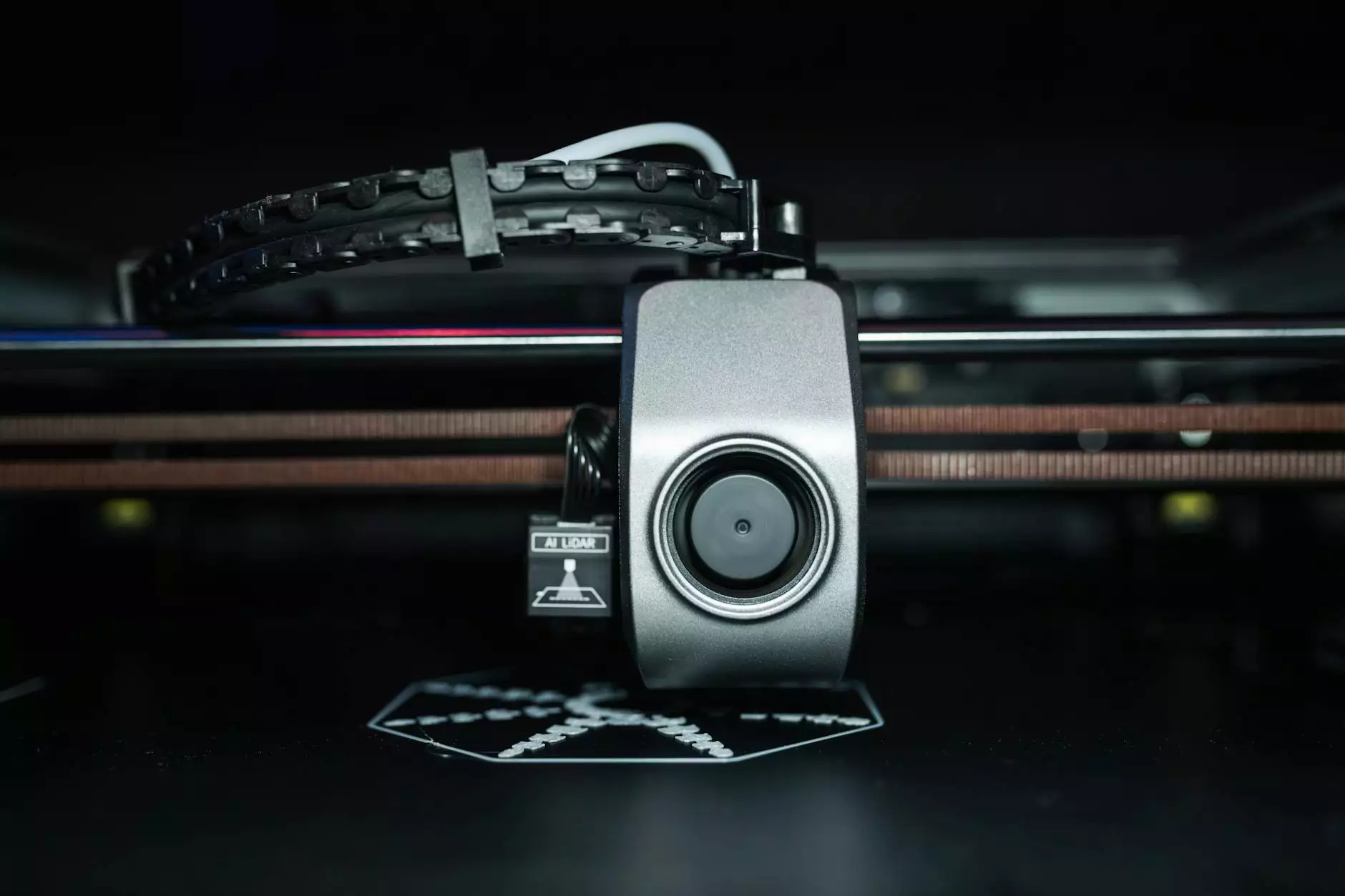Ultimate Guide to Engine Solenoid Valves in Diesel Engines: Enhancing Performance and Reliability

In the complex world of diesel engines, the engine solenoid valve plays a pivotal role in ensuring precision control and efficient operation. As vital components within the myriad of diesel engine parts, these valves are crucial for automating various engine functions, improving fuel efficiency, and maintaining optimal performance. Whether you're a manufacturer, maintenance professional, or an enthusiast, understanding the intricacies of engine solenoid valves is essential for selecting the right spare parts and ensuring your diesel engine's longevity.
What is an Engine Solenoid Valve and How Does It Work?
An engine solenoid valve is an electromechanical device used to control the flow of liquids or gases within a diesel engine system. Typically composed of a coil, plunger, and valve body, it operates by converting electrical signals into linear motion, enabling the opening or closing of fluid pathways.
In diesel engine applications, these valves regulate fuel injection, air intake, emissions control, and other vital functions. When an electric current is supplied to the coil, it creates a magnetic field that moves the plunger, which in turn opens or closes the valve. This precise control mechanism allows diesel engines to operate efficiently, respond swiftly to changing conditions, and maintain optimal performance levels.
Significance of Engine Solenoid Valves in Diesel Engine Performance
1. Enhancing Fuel Injection Precision
Accurate fuel delivery is critical in diesel engines for maximizing power output and minimizing emissions. The engine solenoid valve modulates fuel injectors, ensuring the precise amount of diesel is injected into each cylinder at the right time. This leads to smoother combustion, better fuel economy, and reduced exhaust pollutants.
2. Improving Emission Control and Compliance
Modern diesel engines are subject to strict emission standards. Solenoid valves are integral in controlling components like EGR valves, SCR systems, and particulate filters. Proper functioning of these valves helps in reducing NOx emissions, particulate matter, and other pollutants, complying with environmental regulations.
3. Supporting Idle and Load Management
The ability to dynamically control air intake and exhaust flows through solenoid valves assists engines in managing idling stability and load responsiveness. This not only enhances driving comfort but also improves engine efficiency and component lifespan.
Types of Engine Solenoid Valves Used in Diesel Engines
The diverse operational demands of diesel engines necessitate various types of engine solenoid valves. Here are the most common:
- 2-Way (Single-Action) Solenoid Valves: Simple on/off control, used for fuel shutoff or basic fluid regulation.
- 3-Way (Diverting) Solenoid Valves: Capable of directing fluid flow between two outlets, often used in EGR or emission systems.
- 4-Way (Bi-Directional) Solenoid Valves: Control the direction of fluid flow in both ways, essential in complex hydraulic or pneumatic operations within engines.
- Proportional Solenoid Valves: Modulate flow proportionally to the electrical input for fine control of engine parameters.
Material and Design Considerations for Durable Engine Solenoid Valves
High-quality engine solenoid valves are constructed from durable materials such as stainless steel, brass, or specialist plastics to resist corrosion, high temperatures, and vibrations common in diesel engine environments. Key design aspects include:
- Corrosion Resistance: To withstand fuel additives and exhaust gases.
- Thermal Stability: To operate reliably under elevated temperatures.
- Vibration Absorption: To prevent premature failure due to engine vibrations.
- Precision Manufacturing: For consistent performance and minimal leakage.
Choosing the Right Engine Solenoid Valve from Trusted Spare Parts Suppliers
When sourcing engine solenoid valves, quality and compatibility are paramount. Reliable suppliers like client-diesel.com offer a comprehensive range of high-grade spare parts designed specifically for diesel engines. Here are some factors to consider:
- OEM Certification: Ensures the part meets factory specifications.
- Material Quality: Opt for valves made from corrosion-resistant and temperature-tolerant materials.
- Compatibility: Precise fitment with your diesel engine model.
- Warranty and Support: Guarantees product longevity and reliable after-sales service.
Maintenance and Troubleshooting of Engine Solenoid Valves
Regular Inspection for Optimal Functionality
Routine inspection involves checking for signs of corrosion, leakage, or unusual noise during operation. Cleaning the valve and ensuring electrical connections are secure can prevent unexpected failures.
Common Problems and Solutions
- Valve Not Activating: Check electrical wiring, fuse status, and coil integrity. Replace if necessary.
- Leakage or Sticking Valve: Clean components thoroughly or replace the valve if corrosion or damage persists.
- Erratic Engine Performance: Ensure the engine solenoid valve operates consistently; intermittent issues may indicate faulty control signals or internal wear.
The Future of Engine Solenoid Valves in Diesel Technology
Advancements in materials engineering and electronics are paving the way for smarter, more reliable engine solenoid valves. Innovations like electronic control units (ECUs) capable of real-time diagnostics, and materials with enhanced thermal and corrosion properties, are transforming diesel engine management.
Furthermore, integration with hybrid and alternative fuel systems emphasizes the need for adaptable valve designs, capable of functioning across various engine paradigms. The trend points toward highly efficient, durable, and intelligent solenoid valves that will maintain diesel engines' viability in environmentally conscious markets.
Why Choose Client-Diesel.com for Your Diesel Engine Parts Needs
Client-Diesel.com is a leading supplier specializing in diesel engine parts and spare parts for various engine models. Our extensive catalog includes high-quality engine solenoid valves designed to meet OEM standards and surpass industry expectations. Benefits of sourcing from us include:
- Superior Quality: Stringent quality control ensures long-lasting performance.
- Competitive Pricing: Cost-effective solutions without compromising quality.
- Expert Support: Technical assistance to help you select the perfect parts.
- Fast Shipping: Reliable logistics to minimize engine downtime.
Conclusion: Empowering Diesel Engines with Reliable Engine Solenoid Valves
In the realm of diesel engine technology, the engine solenoid valve stands as a critical component that ensures precision, efficiency, and environmental compliance. Investing in high-quality valves from reputable suppliers like client-diesel.com guarantees performance, durability, and peace of mind.
As diesel technology continues to evolve, so does the importance of innovative, durable, and reliable parts. By understanding the pivotal role of engine solenoid valves, you’re better equipped to maintain and enhance your diesel engine's performance, reducing operational costs and extending service life. Always choose quality, ensure proper maintenance, and partner with trusted suppliers to keep your diesel engines running smoothly for miles ahead.









